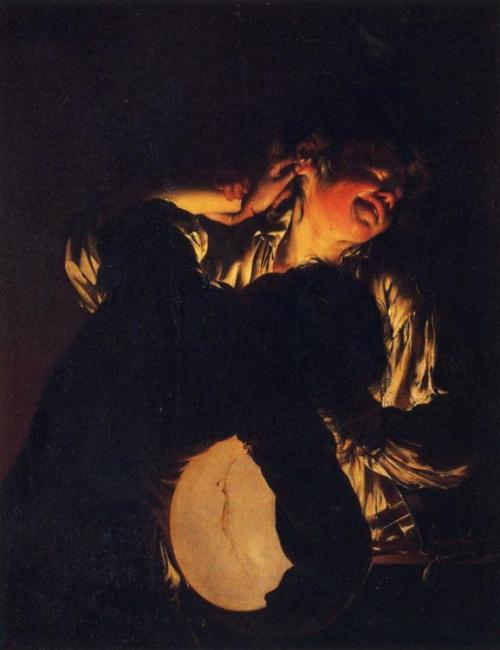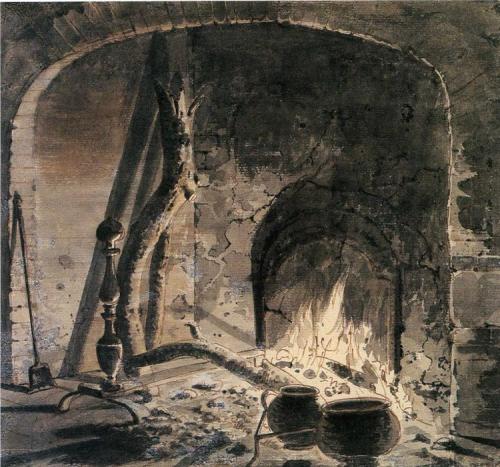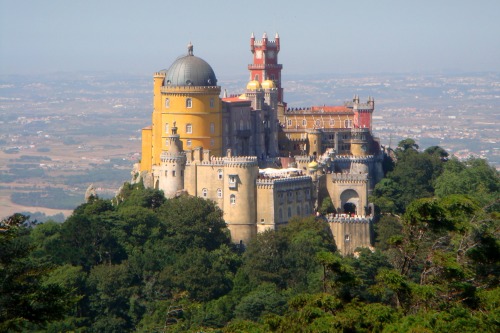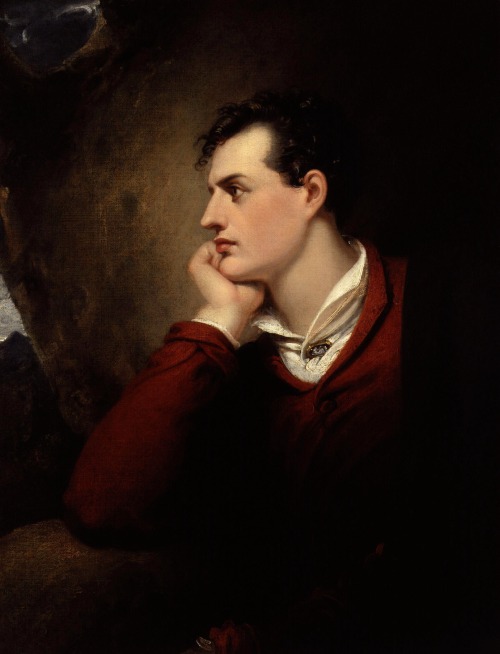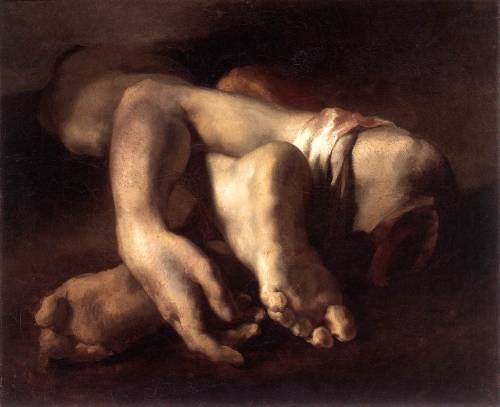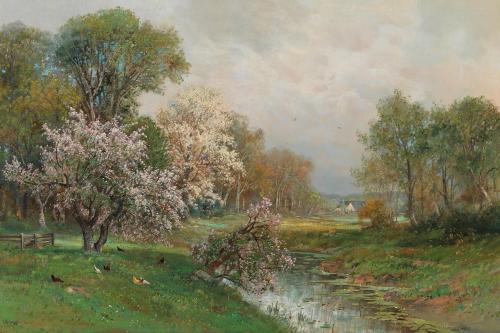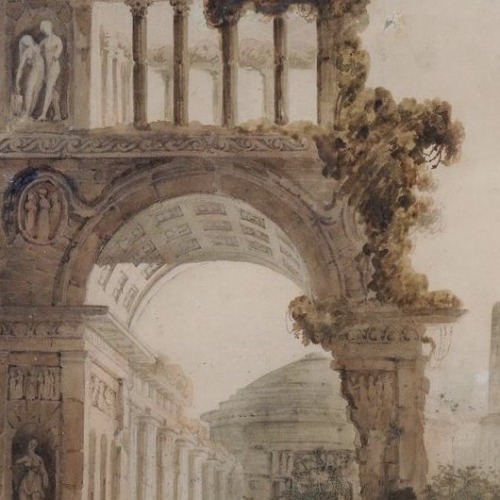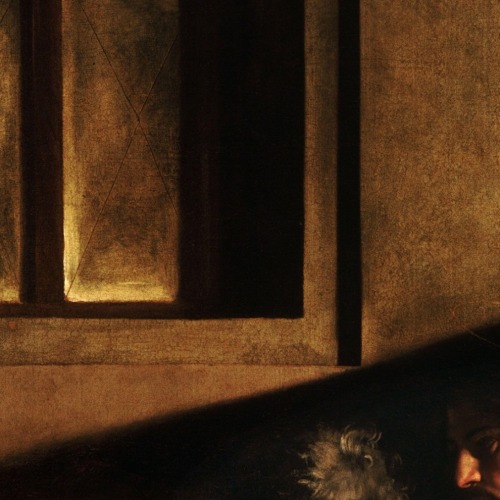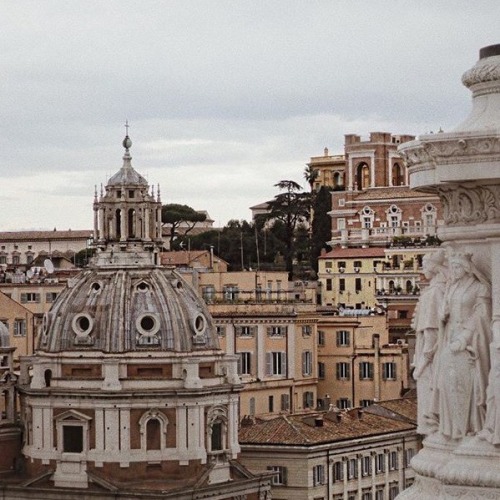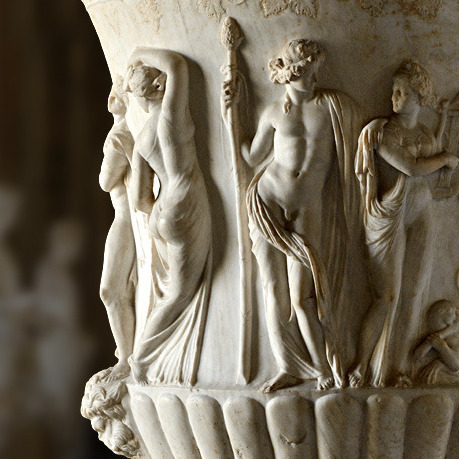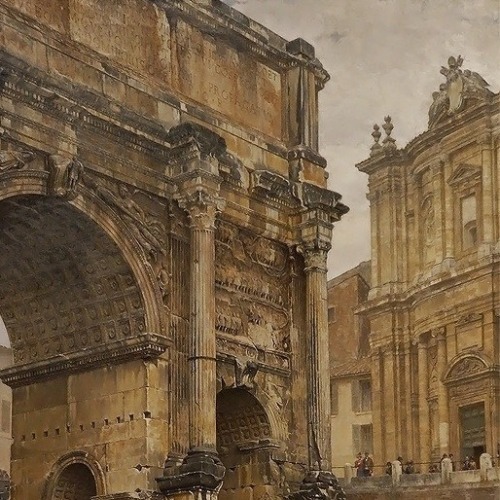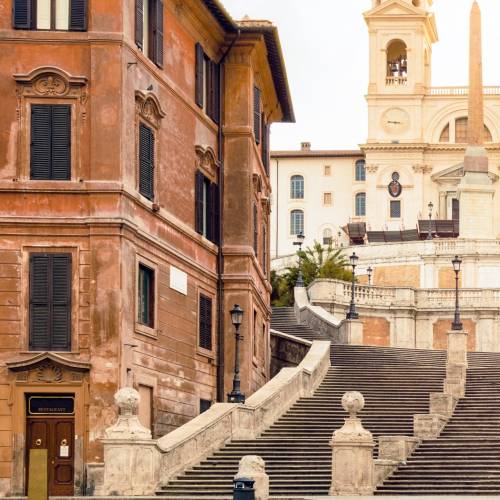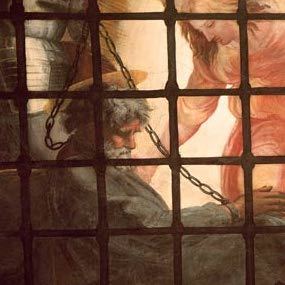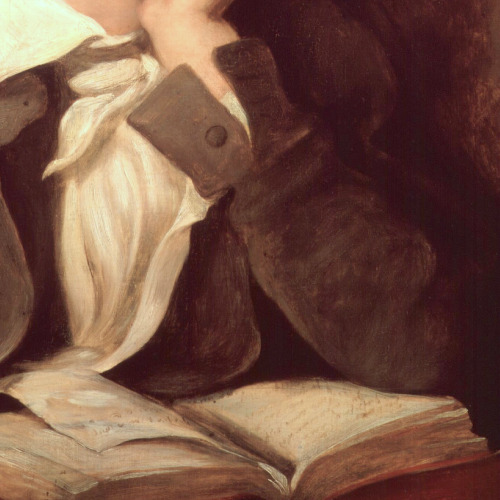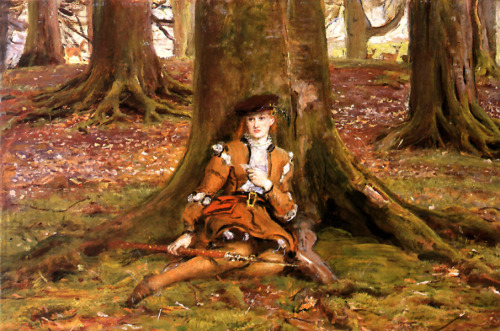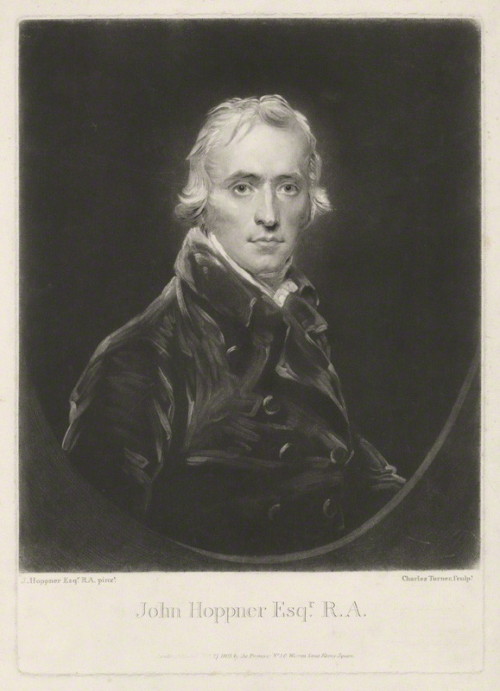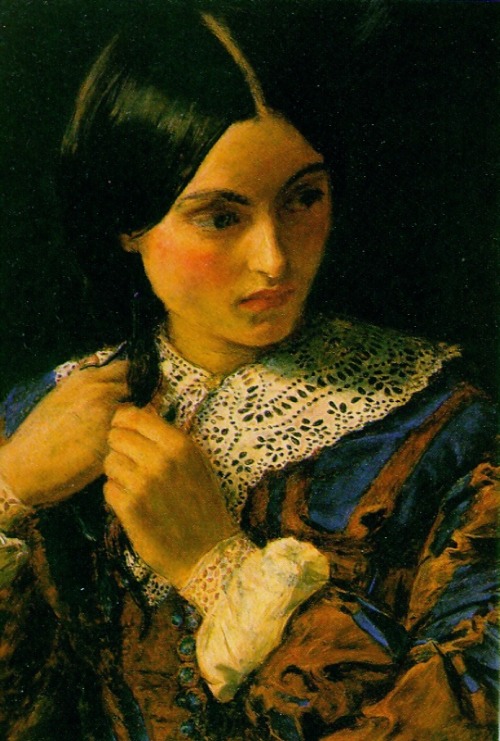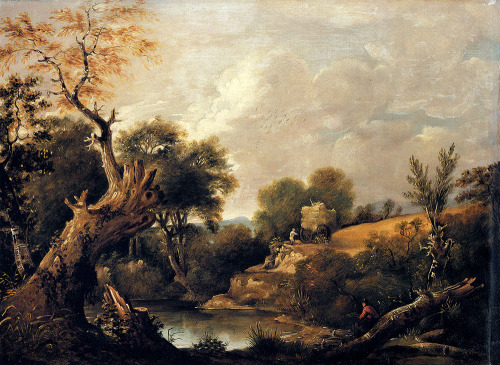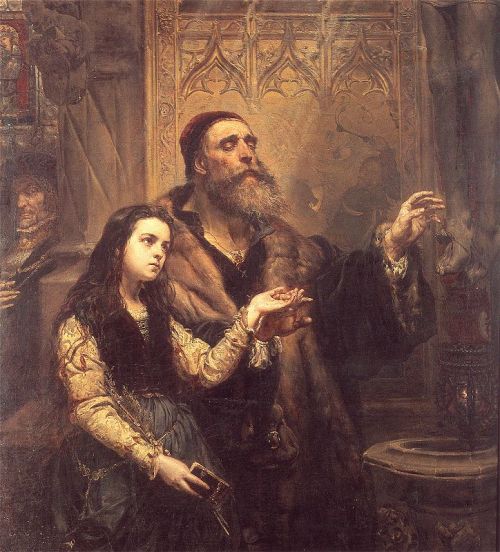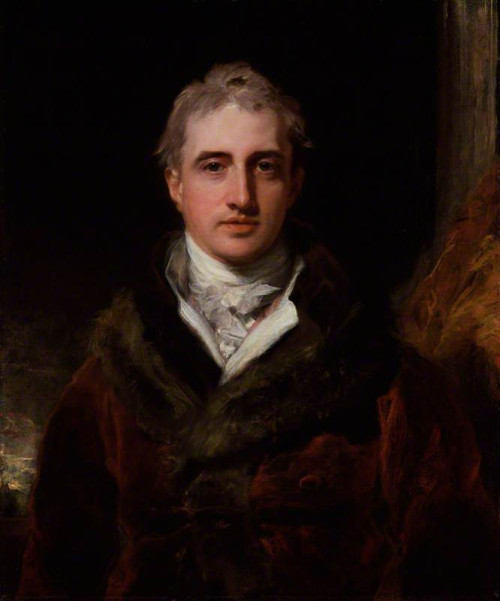#romanticism
Toward my ruin, I gave up the night,
Allured by your love’s all -
Exposing light.
Then,
Open nerved,
And vulnerably nude,
I knelt before the dream, pursued,
Yet offered such a miserable sight:
Prostrate, I –
A pasty beggar, so viewed,
Ridden with scars, and
Opened wounds;
Ugly, yes. A human born blight;
Undeserving of a chanced future’s bright.
I took it all in, your pulchritude;
Your eyes,
The truth did not elude,
And smiled, reaffirmed of a lifeless plight.
Relieved it was so; pacified –
To without hope turn home;
Absolved once more by the endless night
Where the dark may obscure
Slates I cannot rewrite.
—
27-4-2022, M.A. Tempels ©

26-4-2022
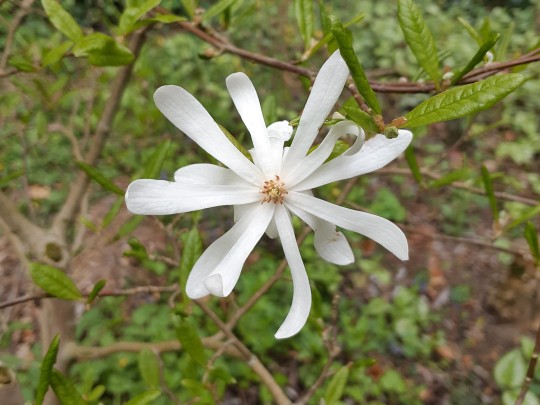
Hysteranthous
One flower left amid the green of newgrown leaves. It almost seems out of place, this pristine star, showpiece of the magnolia. I bought it when I was in love, or maybe because — I was smitten, that’s for sure — and now, years later there’s a lesson to be taught:
The beatitude of the flowers in bloom I so easily mistook as the prime of this life, proves to be merely its prelude. The green, I now see, in these humbly unfolding leaves; destined to breathe, has nothing to do with eyes being caught, star-struck. Nor with the initial excitement of allurement; the many thrills of buttoning seduction. It has nothing to do with the awe of interstellar travel, imagined, and experienced by simple virtue of perceiving.
These humbly green leaves depict the days of roots deepening; of growth, development, and branches strengthening; of proof and reassurance, that it is here that life thrives, and is nurtured. These are days depicting all that makes sure this life remains.
I think about a love that stays.
We bloom too, and so, spectacularly, before the emergence of the humbly green leaves. It seems, we favour flowers over roots, and all too ignorantly. So often already blowing with the wind without giving a chance to the following spring. The flowers must last forever. A preposterous concept. I look at the one flower left; the flower I do cherish, as it withers. Then, I shiver.
Plastic. What a gruelling ideal.
—
25-4-2022, M.A. Tempels ©
You are the night;
The intimacy of the quietude, obscure.
You are the interplay
Between subtlest shadow,
And light,
Most docile; a hint of fingers, playing;
Interlacing under covers.
You are the moon’s pale
Bosom; a softness
Wherein the loudness of day
Fades to mute, interchanged
For a dream’s
Tintinnabular prelude.
Emollient
Is your touch,
Scarcely more than ethereal,
Yet substantial enough to lift
And cradle, as such
Delivering sensations of levitation.
Your kiss is not the light of dawn
But an endless stargazing. All existence
Fades in your presence,
Stripped
To its dormant unimportance.
And love, already considered
Your second nature,
Exposes itself as your baseline;
The foundation
Of a realm beyond
The imagination, or in any case articulation
Of scholars, and poets.
—
24-4-2022, M.A. Tempels ©
George Gordon Byron, 6th Baron Byron, later George Gordon Noel, 6th Baron Byron, FRS (22 January 1788 – 19 April 1824), commonly known simply as Lord Byron, was an Anglo-Scottish poet and a leading figure in the Romantic movement. Among Byron’s best-known works are the lengthy narrative poems Don JuanandChilde Harold’s Pilgrimage and the short lyric “She Walks in Beauty.” He is regarded as one of the greatest British poets and remains widely read and influential.
Post link
What men or gods are these? What maidens loth?
What mad pursuit? What struggle to escape?
What pipes and timbrels? What wild ecstasy?John Keats in Rome
Post link
Victory O Lord!, 1871,John Everett Millais
Medium: oil,canvas
https://www.wikiart.org/en/john-everett-millais/victory-o-lord
Post link

